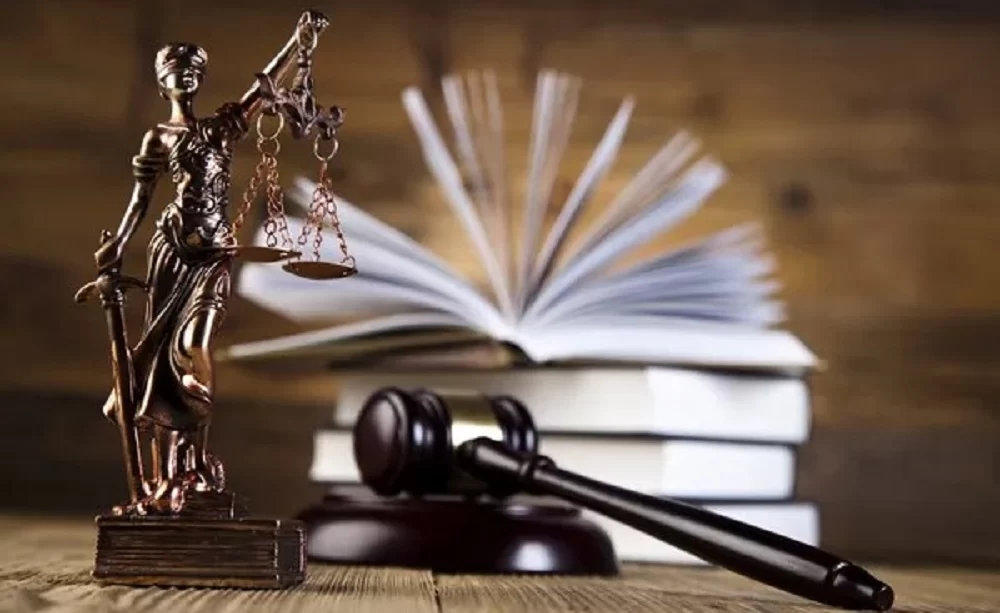- overview-of-the-criminal-justice-process
- the-arrest-and-booking-phase
- charging-and-initial-appearance
- trial-preparation-and-court-proceedings
- case-study-how-a-defense-lawyer-can-make-a-difference
- get-guidance-from-fred-miller-lawyer
1. Overview of the Criminal Justice Process
For anyone facing legal accusations, understanding the criminal justice process is not only empowering—it can be life-changing. From the moment of arrest to a potential trial verdict, the process is layered with procedures, legal jargon, and high-stakes decisions. Knowing what to expect, and when to act, can protect your rights and increase your chances of a favorable outcome.
Criminal cases follow a structured sequence of legal steps. Each phase—from the initial police investigation to the possible trial—has specific rules and consequences. That’s why having legal guidance from the beginning isn’t just helpful, it’s essential.
2. The Arrest and Booking Phase
2.1 Arrest: The Starting Point of Legal Action
Whether it’s a sudden encounter with police or a scheduled surrender, the arrest marks the formal beginning of the criminal process. At this stage, the accused is taken into custody, and the legal machinery begins to move. Law enforcement must either have a warrant or sufficient probable cause to make the arrest lawful.
2.2 Booking: More Than Just Paperwork
After the arrest, the suspect is processed at a police station. This includes fingerprinting, photographing, and recording personal data. Often overlooked, this step sets the foundation for the case—mistakes or misconduct during booking can be challenged later in court.
It's worth noting that early legal counsel during this phase can help ensure that your rights are respected, and any unlawful procedures are documented for defense purposes.
3. Charging and Initial Appearance
3.1 Prosecutor’s Decision: To Charge or Not to Charge
Once arrested, the next big step is whether charges will be formally filed. The prosecutor evaluates the evidence and decides what, if any, criminal charges to pursue. This is where legal representation can have a direct impact. A skilled criminal defense lawyer can sometimes negotiate for reduced or dropped charges before the case even reaches court.
3.2 Initial Court Appearance: Bail, Rights, and More
Typically occurring within 48 hours of arrest, the initial appearance informs the accused of their charges and rights. It’s also when bail is determined. At this stage, having a lawyer present is key to arguing for reasonable bail—or even release on personal recognizance.
Failing to act quickly here can result in unnecessary jail time or missed opportunities to negotiate the scope of the charges.
4. Trial Preparation and Court Proceedings
4.1 Discovery Phase: Unearthing the Evidence
Once charges are filed, both sides exchange evidence. This process—called discovery—is crucial for building a defense strategy. Knowing what the prosecution has, and identifying any gaps or weaknesses, helps the defense team shape their argument effectively.
4.2 Plea Bargaining: A Pivotal Legal Strategy
Not all cases go to trial. Many are resolved through plea deals. This is where a lawyer’s negotiation skills shine. A well-negotiated plea can mean the difference between jail time and probation, or a felony versus a misdemeanor.
4.3 Trial: Presenting the Case Before the Court
If a plea isn’t reached, the case proceeds to trial. Here, evidence is presented, witnesses testify, and a judge or jury delivers a verdict. Trials are high-pressure environments that demand preparation, courtroom skill, and a deep understanding of the law. This is when an experienced defense lawyer becomes indispensable.
5. Case Study: How a Defense Lawyer Can Make a Difference
Take the case of a 23-year-old man wrongfully accused of drug possession in Texas. He was pulled over for a routine traffic stop, but a search of his car turned up a bag of pills that weren’t his. Initially, the charges seemed overwhelming. But his lawyer swiftly requested lab testing, which showed the pills were over-the-counter supplements, not controlled substances.
Thanks to proactive defense, the case was dismissed before trial. Had he gone without representation, he may have faced jail time, a criminal record, and future employment issues. This real-world example shows why understanding the criminal justice process—and securing proper legal help—is critical.
6. Get Guidance from Fred Miller Lawyer
Every phase of a criminal case can shape your future. If you're facing charges or believe you might be under investigation, now is the time to take action. Fred Miller Lawyer offers experienced legal guidance tailored to your situation—whether it’s negotiating with prosecutors, representing you in court, or explaining your rights clearly and calmly.
When your freedom, reputation, and future are at stake, don’t navigate the complex legal system alone. Turn to Fred Miller Lawyer for reliable, dedicated criminal defense support at every stage of the legal process.


 ray nardo
ray nardo rice mcgowan law firm
rice mcgowan law firm horwitz horwitz & associates reviews
horwitz horwitz & associates reviews james b lewis attorney
james b lewis attorney oppenheim law
oppenheim law david yergey attorney orlando
david yergey attorney orlando